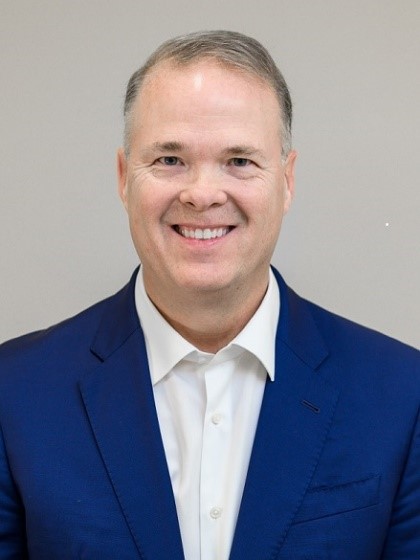Every day I am asked to see patients who develop kidney injury or failure. Many of these patients have diabetes, high blood pressure, or arthritis. One of the first questions I ask is: “Do you have pain?” The next question follows: “What do you take for pain?” These may seem odd questions for a nephrologist (kidney specialist) to ask. However, many patients referred to a nephrologist are seen as a result of medication side effects on the kidney.
Currently, more than 17 million Americans use various arthritis mediations called nonsteroidal anti-inflammatory drugs (NSAIDS) on a daily basis, making this class of medications one of the most commonly used in the world. There are at least 20 different NSAIDS in the US, and many do not need a prescription. These include ibuprofen (brand name: Advil, Motrin) and naprosyn (brand name: Aleve). Others like Celebrex, Meloxicam, and Indocin require a prescription.
The British Medical Journal noted that NSAIDS are responsible for approximately 12 percent of hospital admissions related to adverse effects of drugs. The National Kidney Foundation (NKF) reports that 80,000 people die annually due to chronic kidney disease. Patients are seen daily in my office due to the adverse effects of these medications, all which can worsen chronic kidney disease.
As our population ages, we will use more of these medications, and are likely to see more commercials that advertise the benefits. Although, NSAIDS have many benefits, there are potential drawbacks if taken in large quantities, or for an extended period of time. Many toxic effects of NSAIDS are related to inhibition of prostaglandin synthesis. Prostaglandin regulates the blood vessels to our organs. By inhibiting this hormone, the kidney develops vasoconstriction and restricts blood flow to the kidney. Problems of kidney failure, high potassium, and worsening high blood pressure can develop. The gastrointestinal tract, heart, and liver can develop problems. These problems show up as ulcers in the stomach, swelling with fluid retention, and abnormal liver function.
NSAIDS can help people who have conditions that cause ongoing pain, such as arthritis. They can help people heal more quickly after an injury. But NSAIDS can cause problems. My recommendation is to take the lowest dose you need for the shortest period of time. If you believe these medications are needed to allow you to live pain free, please let your health care provider know that you are taking these medications. If you are taking these medications, a check up on your kidneys should be done every 3-6 months. It would be worth asking your provider: “How are my kidneys doing?” A quick check of your blood pressure, urine and lab test will give you the answer.
A graduate of Marshall University School of Medicine, James Carden McCabe, MD completed his residency and a Fellowship in Nephrology from Bowman Gray School of Medicine. He practices with Southeastern Nephrology Associates, PLLC and is 2014 President of the New Hanover-Pender County Medical Society.

